Rains wreak havoc in Rohingya camps
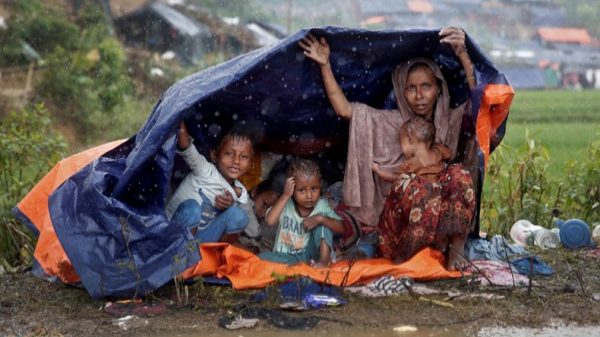
Shawdesh Desk: Flash flood and monsoon rains intensified the sufferings of the hundreds of thousands of displaced Rohingyas at various camps in Ukhia and Teknaf and their adjacent areas in Cox’s Bazar in past few days.
The government and other local and international agencies kept their volunteers on alert fearing landslides in the densely populated neighbourhoods.
The Met Office on Saturday morning stated that due to active monsoon heavy rainfall might occur over Bangladesh while heavy to very heavy rainfall was likely to occur at places over Barishal and Chattogram divisions during the 24 hours commencing 10:00am on Saturday.
The government, non-government organisations and Rohingya community leaders said that dozens of families were affected by the continued rainfall that caused the flash flood.
Local administrations recorded two deaths, including of a minor boy, during the ongoing monsoon rains.
On Friday, 60-year-old Mostafa Khatun died reportedly after a camp wall fell on her inside block-F (D) at Camp -2 in Kutupalang at about 9:30am. She sustained injuries and later died.
A five-year-old boy drowned at about 2:00pm on July 4 while he was playing around a flash flood area, said camp-in-charge Shamimul Hoque Pavel.
He said that community volunteers were kept standby, especially for situations if any landslides occur.
The official who oversees the vulnerable camps in Kutupalang also said that the flash flood, due to the monsoon, also caused camp people heavy sufferings as water remained stagnant inside makeshift facilities for five to six hours.
District relief and rehabilitation officer Md Masum Kabir Nazrul Islam said that on Friday alone 57 shelters were completely destroyed and 651 others damaged in 33 Rohingya camps due to landslides, flash flood and windstorm.
Ninety-five toilets were also damaged.
He stated that 737 Rohingya families were affected on Friday while reports of Saturday were not available.
Shofi Ullah, one of the Rohingya leaders in Balukhali camps, said that it was raining for five days, putting them in untold trouble.
Rohingya youth Ayat Ullah of Camp-9 has said that they remain worried about rains and possible landslide during the night.
Rohingya community leader Mohammed Ali of Thyangkhali said that 181 makeshift houses were partly damaged while four others were completely destroyed due to strong winds and rains over the last couple of days.
He said that the affected families were shifted to nearby safer structures and meals were provided.
‘Due to very heavy rainfalls, landslide may occur at places over the hilly regions of Chattogram division,’ an official warning said.
The United Nations High Commissioner for Refugees spokesperson Charlie Yaxley in a press conference in Geneva on Friday said that three days of continuous rain have destroyed ‘273 shelters and injured 11 people in the Cox’s Bazar settlements where more than 900,000 Rohingya refugees live’.
‘An estimated 350mm of rain fell in 72 hours since Monday and more heavy downpours are expected throughout the next week, with four months of the monsoon season to go. According to preliminary reports, there have been 26 landslides,’ said Charlie Yaxley.
The official said, ‘Refugee volunteers trained by UNHCR and partners worked throughout the night on Wednesday in heavy rain to help families in urgent need. In some cases, this involved rescuing refugees from shelters destroyed by landslides. We have temporarily relocated 2,137 people, either because their shelters suffered substantial damage or as a precaution’.
‘Our network of Emergency Response Teams has been mobilised to identify the needs of the most vulnerable and prioritise them for assistance. As an immediate response, pre-positioned emergency supplies are being distributed to help rebuild, repair and strengthen damaged shelters,’ he said in a statement.
The official further said, ‘In support of the humanitarian response led by the Bangladeshi authorities, UNHCR and partners made preparedness for the monsoon season a priority, including building retaining structures on hillsides, installing drainage, and building roads and bridges.’
‘Reservoirs have also been constructed to hold monsoon rains and stabilise water supplies.’
According to an Oxfam report released on June 19, 2018, last monsoon rains falling on the Rohingya camps in Cox’s Bazar caused over 130 landslides, damaged 3,300 shelters and affected 28,000 people in the Rohingya camps.
Approximately 7,23,000 Rohingyas have fled targeted violence and serious human rights violations in Myanmar since August 2017 to take shelters along with three lakh other Rohingyas already there in Cox’s Bazar camps over decades.


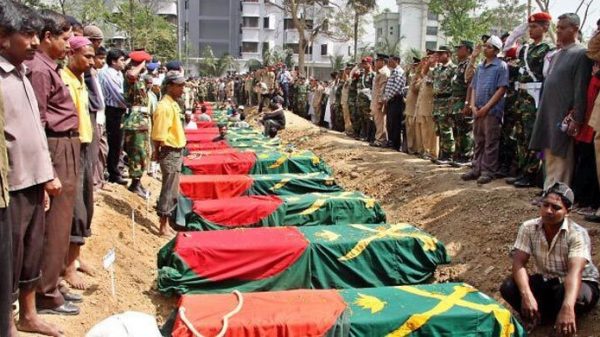
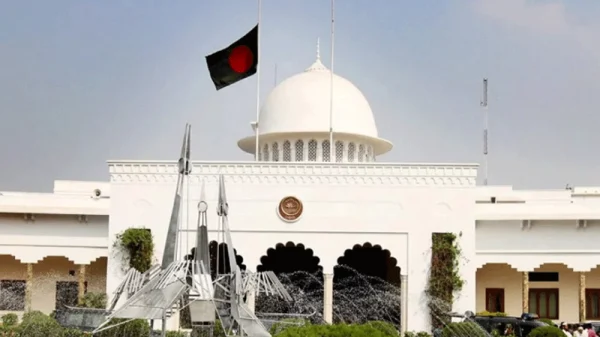



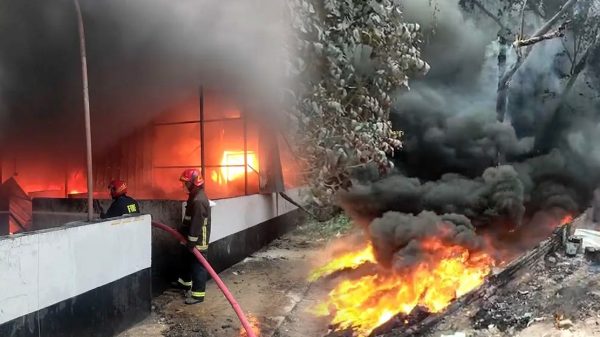

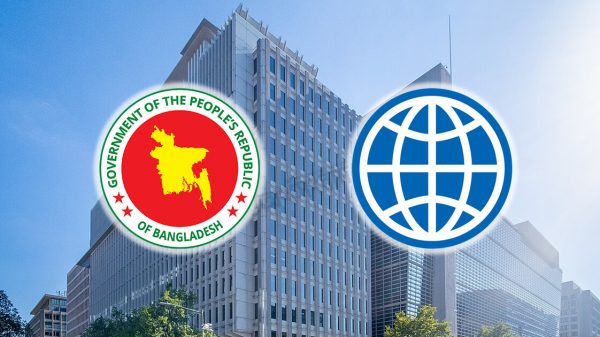


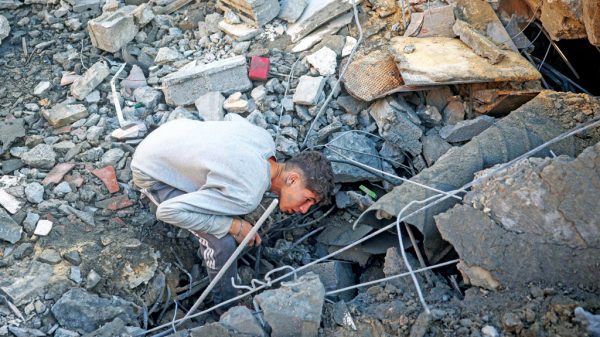












Leave a Reply